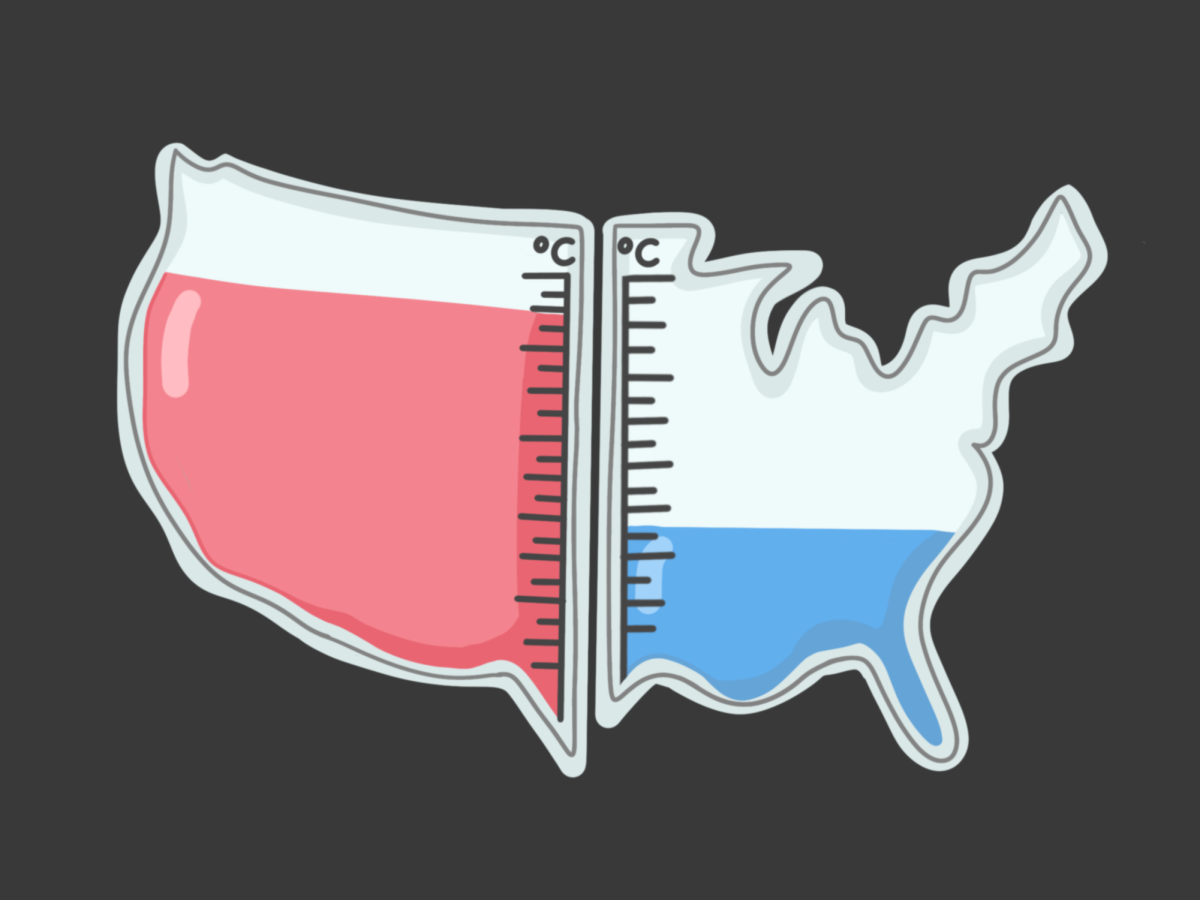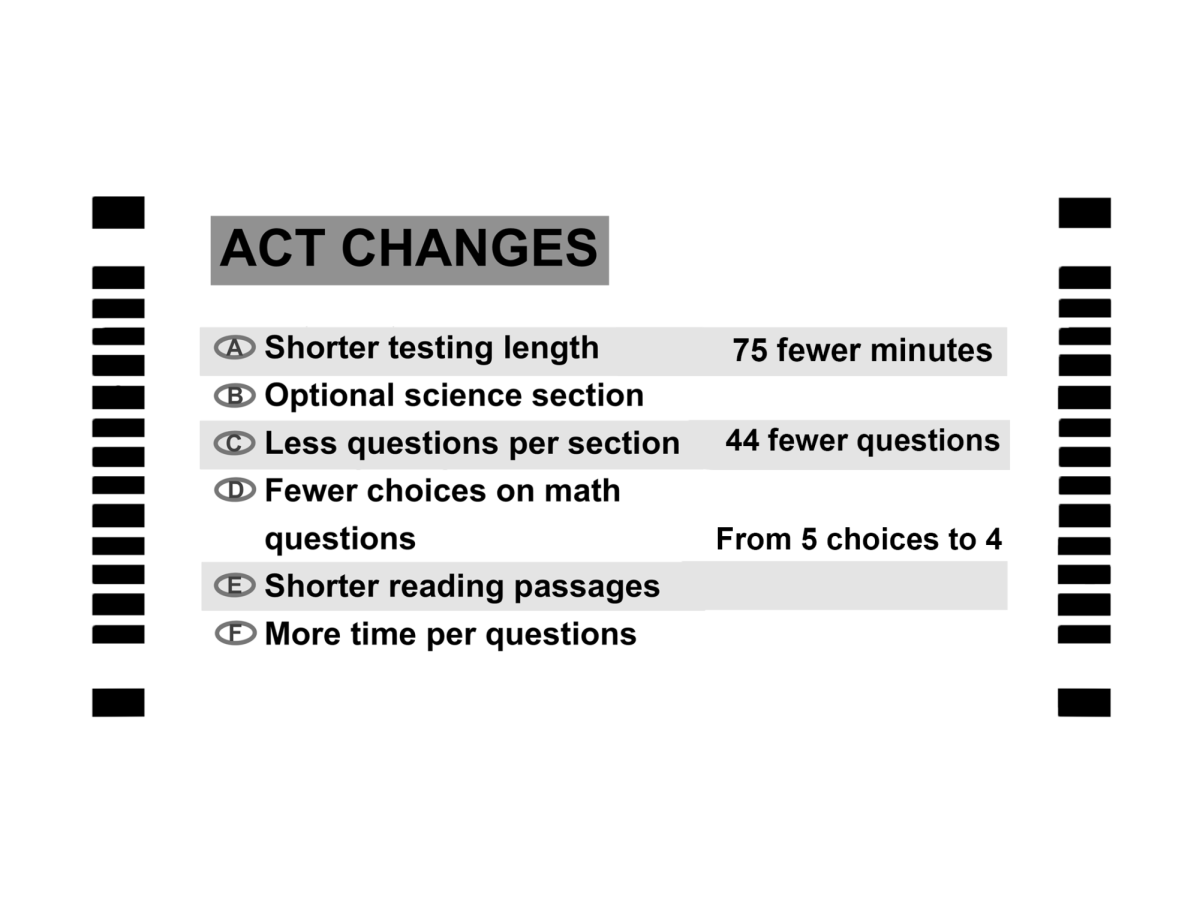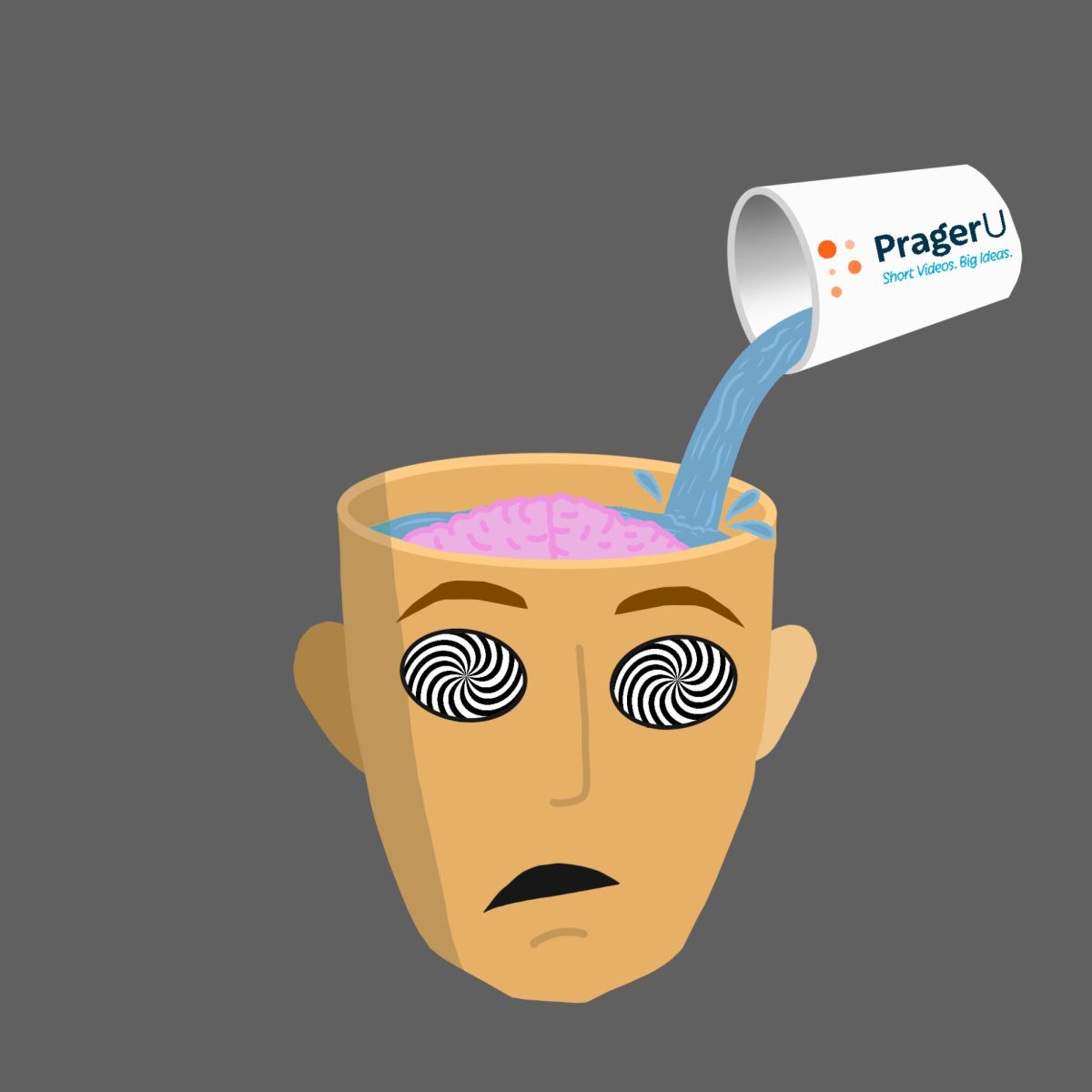In the 1960s, the escalation of the Vietnam War resulted in mass protests and the beginning of the counterculture movement. Since that time, young people in America were rebellious and willing to fight for what they believed in. Until now.
Even though our nation fought I two wars for more than half of the lives of most Grady students, our generation remains apathetic towards our government’s foreign policy. Gone are the days of the Vietnam war protests, when students across the nation united in order to express their dissent about how the government was handling social issues and military conflict. In some cases, young people were ready to give their lives for their cause.
The largest protest in American history, the Peace Moratorium, a march of more than half a million protesters on Washington, D.C. in protest of the Vietnam War, occurred on Nov. 16, 1969. This protest was led by newly minted student-run organizations, such as the Students for a Democratic Society. During the Iraq War, however, the largest demonstration held included a mere 200,000 protesters. The vast disparities between student involvement in protest and activism against the Vietnam and Iraq wars begs the question: What happened to the rebellious spirit of America’s youth? The answer, while simple, is disheartening.
As the war in Vietnam progressed, the shadow of the draft loomed over many male teenagers and twenty-somethings, who feared that at any time they might be selected to be sent to fight and possibly die in a war in which they did not believe. Between 1965 and 1973, more than 1.72 million men were drafted into military service, and these draftees accounted for approximately 30.4 percent of the casualties that occurred during the war. The implementation of a draft caused widespread discontent, particularly within the draft’s target age groups (men between the age of 18 and 26).
The draft was discontinued in 1973 by President Richard Nixon as the U.S. transitioned to an all-volunteer military service policy. Young people were so adamant in their opposition to the Vietnam War because of the war’s potential direct effect on their well-being. The young Americans’ voices coalesced into a firestorm of self-preservation that burned the hands of all who tried to put it out.
Conversely, youth opposition to the Iraq War has been all but nonexistent since our generation was never faced with the possibility of involuntary participation. We share the discomforting trait of not caring about what happened to others, as long as the effects did not and could not reach us. Therefore, many of us were simply not motivated to fight for our beliefs regarding the war. The presence of youth activism shouldn’t rely on how directly a policy affects a protester. As the future of this nation, our actions and ideals are the most important. We cannot continue to be content and aloof as decisions are made for us. In a society sped up by social media and technology, young people are now more able than ever to organize large-scale protests and activist movements. Young people put these tools to good use during the Arab Spring, where millions of people were brought together in protest through social media outlets, primarily Twitter and Facebook. A study conducted by the Pew Research Center showed that 95 percent of American teens (14-17 year olds) go online, while more than half of those teens (55 percent) use some form of social networking.
The Vietnam War was an important event in our nation’s history. Young people proved they had a voice in government, and an influential one at that. Despite their reputations as “hippies,” the young people of the 1960s knew what they stood for, and they made sure Uncle Sam knew too.
Times like these present a rare opportunity, an opportunity for us to learn from those who came before us. If we are willing to speak out even when we aren’t directly at risk, we might even be able to transcend them.






